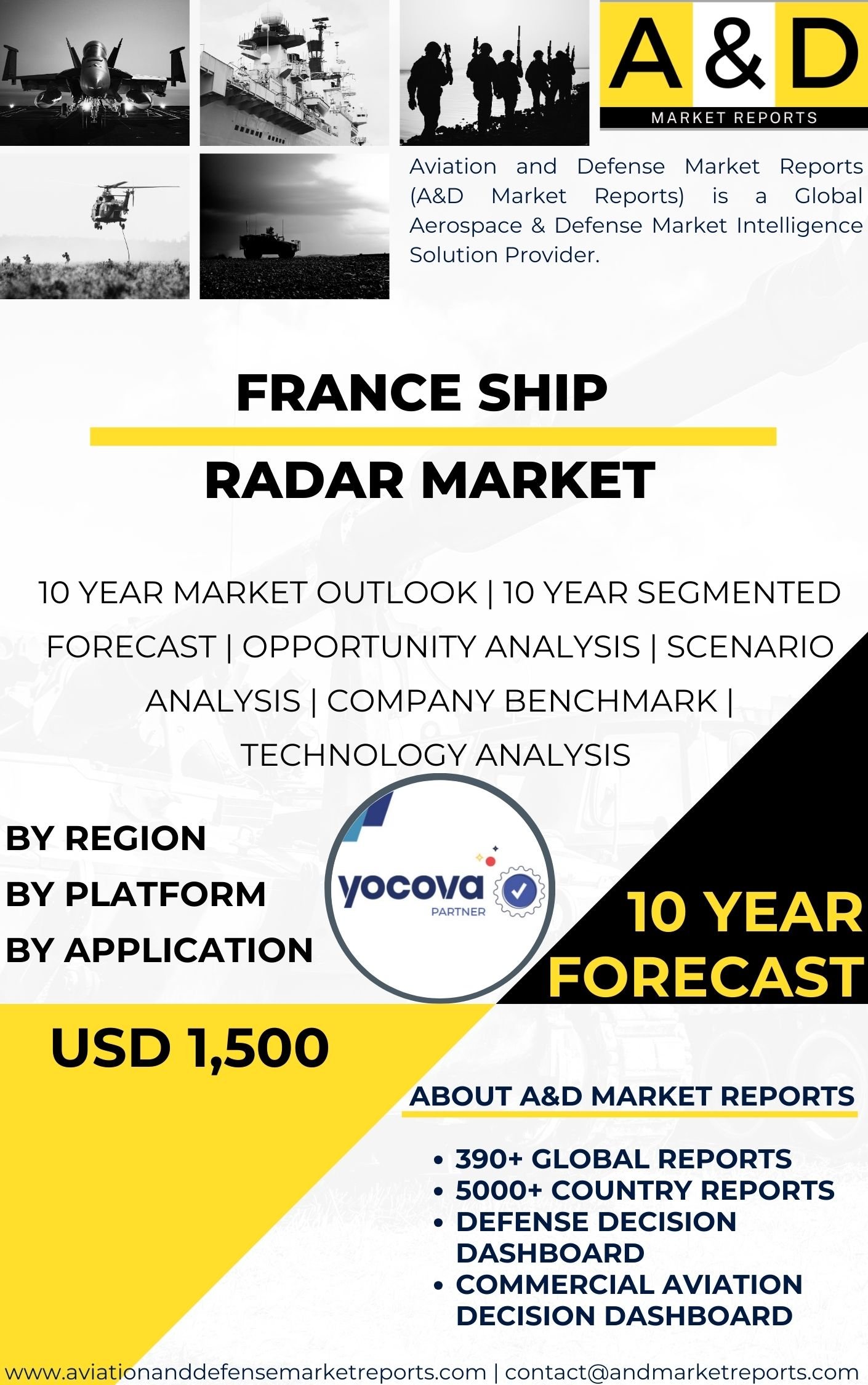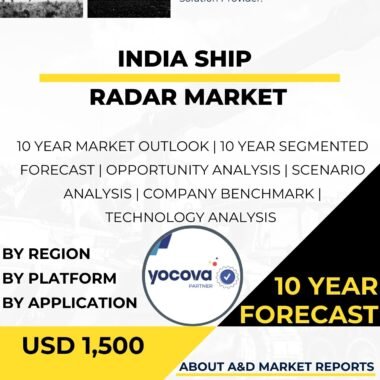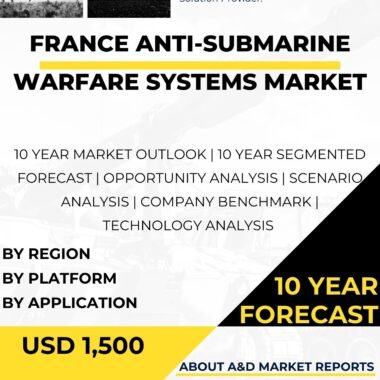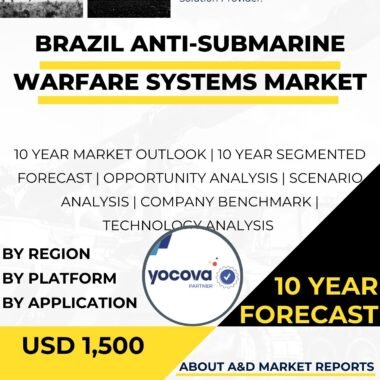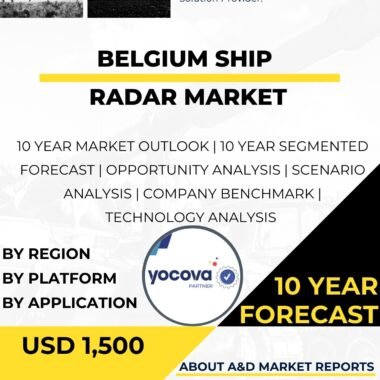Description
Overview of the France Ship Radar Market
The France Ship Radar Market is crucial for maritime navigation, safety, and security. Radar technology helps vessels detect obstacles, avoid collisions, and monitor surrounding waters. France, with its strong maritime industry, actively develops and deploys advanced radar systems for naval and commercial applications. The market includes radar design, manufacturing, and integration on ships. Ship radar systems improve situational awareness for naval forces and commercial fleets alike. France’s leadership in radar technology strengthens its maritime safety standards. Continuous innovation keeps the market competitive and globally relevant.
Key Market Drivers
The primary driver of the ship radar market in France is its extensive coastline along the Atlantic, English Channel, and Mediterranean. Major ports like Marseille, Le Havre, and Dunkirk support heavy maritime trade. Shipyards produce modern vessels equipped with advanced radar systems. The busy maritime environment demands reliable navigation and surveillance tools. Both commercial and defense sectors require radar for operational efficiency and safety. Coastal surveillance radars protect borders and critical infrastructure. The demand for sophisticated radar technology remains strong due to these geographic and economic factors.
Research and Technological Advancements
French radar manufacturers focus on research and development to enhance system performance. Artificial Intelligence (AI) and Machine Learning (ML) improve target detection, classification, and tracking. Solid-state radar systems offer higher reliability and reduced maintenance compared to traditional radars. Integration with other sensors enhances situational awareness for maritime operations. Advanced radar systems help the navy with reconnaissance and monitoring missions. Technology improvements increase accuracy, anti-jamming capabilities, and operational efficiency. Continuous innovation ensures France maintains leadership in maritime radar technology.
Maritime Security and Surveillance
Growing maritime security concerns drive investments in advanced radar solutions. France uses coastal and naval radars to counter piracy, smuggling, and other illicit activities. Naval forces rely on radar for border monitoring and threat detection. Surveillance radars protect ports, shipping lanes, and sensitive maritime infrastructure. The French government prioritizes maritime safety and security in policy and procurement. Radar systems are integrated into national emergency and defense strategies. Security demands continue to push technological upgrades in the ship radar market.
Environmental and Smart Shipping Trends
The ship radar market in France increasingly supports environmental sustainability. Radar data integrates with GPS and other sensors to optimize ship routes. Efficient routing reduces fuel consumption and lowers emissions. Smart shipping systems improve navigation efficiency and minimize environmental impact. French companies develop radar technologies that align with these sustainability goals. Commercial fleets and research vessels benefit from these integrated solutions. Environmental considerations will continue to shape radar development and adoption.
International Collaboration and Civilian Applications
France actively collaborates with European nations to develop next-generation radar systems. Joint research projects improve weather detection, target identification, and system resilience. Civilian maritime sectors, including fishing, tourism, and leisure boating, increasingly use radar technology. Regulations ensure safe and responsible deployment of radar on all vessel types. Collaboration and innovation expand market reach domestically and internationally. French radar manufacturers gain a competitive advantage through knowledge sharing and joint ventures. The civilian sector drives adoption beyond traditional military applications.
Future Outlook
The future of the France ship radar market is promising. Advancements in AI, solid-state systems, and sensor integration will continue. The demand for safer, smarter, and more efficient maritime navigation grows steadily. Naval modernization programs and commercial fleet expansions will boost radar adoption. France’s technical expertise and collaborative efforts position it as a global leader in ship radar technology. Manufacturers will focus on reliability, adaptability, and environmental compliance. Continuous investment and innovation will secure long-term growth in the competitive global market.
